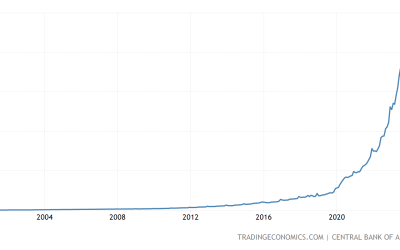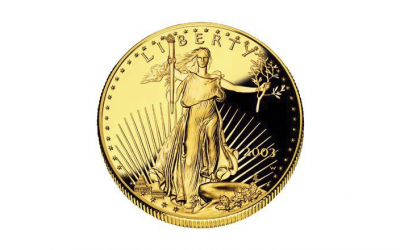The record of past “free banking” systems, in which paper currency consisted of competitively supplied banknotes, contradicts the widespread belief that central banks play an essential part in promoting financial stability. Instead, both that record and theoretical inquiries concerning how free banking arrangements regulate the money supply suggest that central banks, far from being bulwarks of financial stability, are inherently destabilizing. In particular, a free banking reform might have proven far more effective than the Federal Reserve Act in preventing U.S. financial crises.
Recorded live on July 2, 2014, at Objectivist Summer Conference 2014 in Las Vegas, Nevada.



